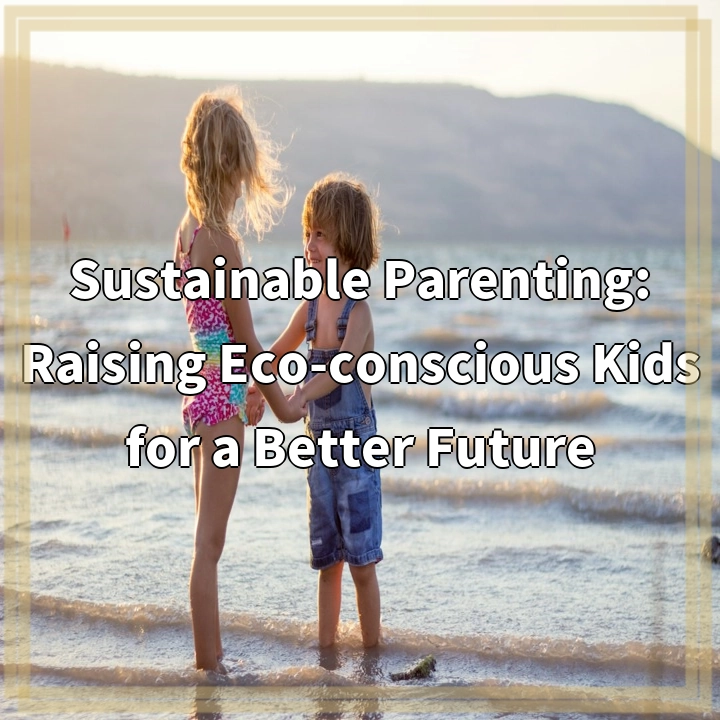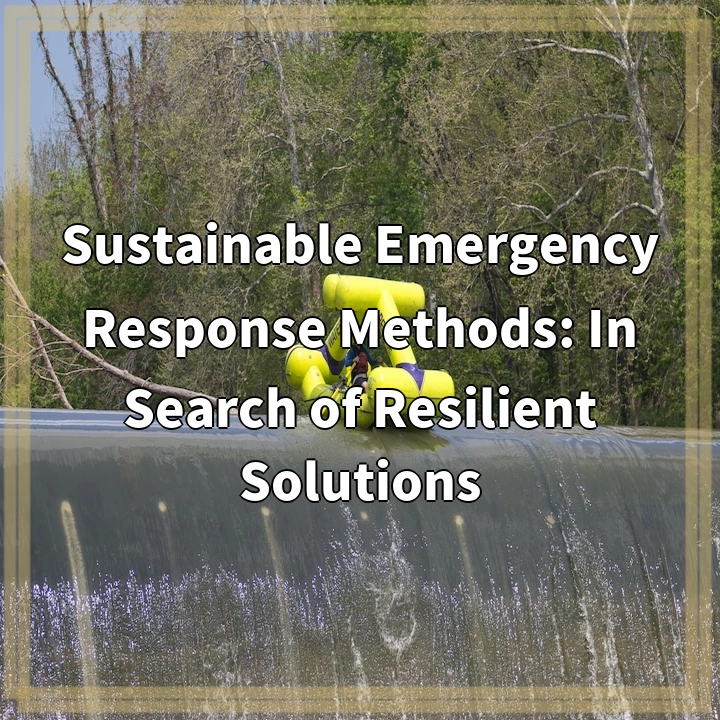
What is Sustainable Parenting?
Sustainable parenting is a concept that revolves around nurturing and raising children in an environmentally-conscious and responsible manner. It goes beyond providing a safe and healthy environment for kids – it involves instilling values and practices that reduce their ecological footprint and teach them to respect and care for the Earth.
With sustainable parenting, parents prioritize eco-friendly choices and educate their children about the importance of conservation, sustainable consumption, and reducing waste. It encourages a mindset that promotes long-term environmental well-being and a better future for the planet.
Real-World Problems
Climate Change and Environmental Degradation
One of the most pressing real-world problems associated with sustainable parenting is the ongoing issue of climate change and environmental degradation. The choices we make as parents can directly impact the environment and the future well-being of our children.
The excessive consumption of resources, reliance on fossil fuels, and rampant pollution contribute to the worsening state of the environment. By embracing sustainable parenting practices, we can help mitigate the effects of climate change and reduce our ecological footprint.
Mounting Waste Generation
Another significant problem is the growing issue of waste generation. Parenting often involves purchasing numerous single-use items such as diapers, baby food packaging, and toys, leading to excessive waste production.
Sustainable parenting focuses on finding alternatives and reducing waste by opting for reusable diapers, utilizing eco-friendly packaging options, and selecting toys that are made from recycled materials. By doing so, we can minimize the amount of waste sent to landfills and promote a more sustainable approach to parenting.
Chemical Exposure and Health Risks
Many conventional parenting practices involve the use of chemical-laden products, from baby lotions and shampoos to household cleaning supplies. These chemicals can have detrimental effects on both the environment and our children’s health.
Sustainable parenting emphasizes the use of non-toxic and eco-friendly alternatives. By choosing organic and natural products, we can minimize our children’s exposure to harmful chemicals and promote a safer and healthier living environment.

Promoting Sustainable Parenting Solutions
Embracing Renewable Energy and Eco-friendly Practices
To combat climate change and environmental degradation, sustainable parenting encourages the adoption of renewable energy sources, such as solar panels, and the implementation of energy-efficient practices in our homes. This includes reducing energy consumption, utilizing natural lighting, and properly insulating our living spaces.
Reducing Waste through Reusable and Recyclable Products
A crucial solution to the problem of waste generation is the use of reusable and recyclable products. Sustainable parenting involves choosing cloth diapers instead of disposable ones, opting for refillable containers for baby products, and selecting toys made from sustainable materials. Additionally, recycling and composting practices should be implemented to further reduce waste sent to landfills.
Choose Non-toxic and Eco-friendly Products
To promote a safe and healthy environment for children, sustainable parenting encourages the use of non-toxic and eco-friendly products. This includes selecting organic and natural skincare and cleaning products, as well as avoiding harmful chemicals commonly found in conventional items. By prioritizing the health of our children and the planet, we can reduce chemical exposure and minimize environmental harm.
Teach Eco-consciousness and Environmental Awareness
Educating our children about environmental issues and fostering a sense of eco-consciousness is an essential solution for sustainable parenting. Through age-appropriate discussions, activities, and nature-related experiences, parents can instill a love for nature, empathy for all living beings, and a responsibility to protect the planet. By raising environmentally-aware children, we can create a better future for them and the environment.















